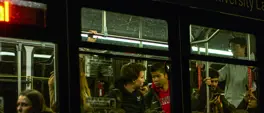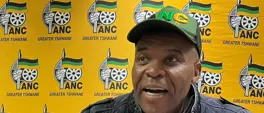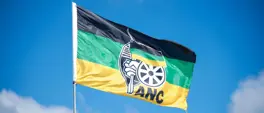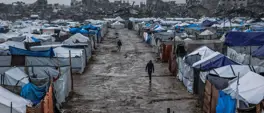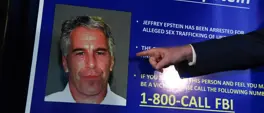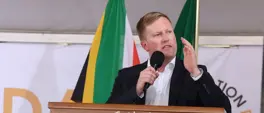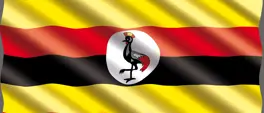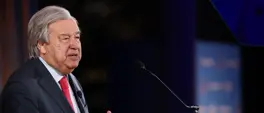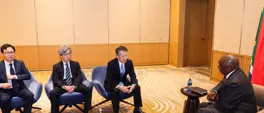Africa's Cardinal Turkson is continent's papal frontrunner
AFP
1 May 2025 | 3:44The 76-year-old born into a humble family of 10 children is the first clergyman from the west African country to receive a red hat, having been made cardinal in 2003 by John Paul II.
VATICAN CITY, HOLY SEE - Ghana's Cardinal Peter Turkson is seen as one of the Church's most influential men from Africa, where Christianity is quickly growing -- and which some believe could be the birthplace of the next pope.
The 76-year-old born into a humble family of 10 children is the first clergyman from the west African country to receive a red hat, having been made cardinal in 2003 by John Paul II.
Turkson currently serves as chancellor for two pontifical academies, that of sciences and social sciences.
Even before former pope Benedict XVI's surprise resignation in 2013, the cardinal had been considered Africa's frontrunner for papal contender -- generating countless speculative headlines about the first black pope.
But Turkson demurred in a 2010 interview: "I wouldn't want to be that first black pope."
"I think he'll have a rough time."
The possibility of Turkson as pope reflects shifting Church demographics -- from Europe, where membership is dwindling, to Africa, where Christianity is growing the fastest.
Born in the southern mining town of Nsuta-Wassa, Turkson was the fourth of 10 children to a Methodist mother who sold vegetables and a Catholic father, a carpenter.
He was ordained in 1975 before leaving Ghana to study in Rome and New York.
In 1992, then-pope John Paul II named Turkson the Archbishop of Cape Coast, a diocese of about 300,000 Catholics that grew under his watch.
In 2003, the pontiff promoted him to cardinal.
POVERTY, WITCHCRAFT
In Ghana in 2008, Turkson acted as mediator on a peace council following close elections that threatened to erupt into violence.
A year later he was chosen by Benedict XVI for a key role within a special assembly for Africa by the Synod of Bishops, weighing in on such topics as reconciliation, poverty, AIDS, the brain drain and witchcraft.
Benedict again tapped Turkson in 2009 as president of the Pontifical Council for Justice and Peace, charged with social justice and human rights.
As part of a reform of the Roman Curia -- the government of the Holy See -- Pope Francis in 2016 named Turkson head of a newly created department, the Dicastery for Promoting Integral Human Development, that merged the justice and peace council with three others.
Shepherding the economic and social issues deemed priorities to Francis, including the environment, Turkson -- who speaks six languages -- visited the World Economic Forum in Davos multiple times to convince business leaders of the perils of trickle-down economics.
In 2016, he was dispatched as papal special envoy to South Sudan to try to reconcile warring parties, and during the Covid-19 pandemic, he headed a task force to study the crisis' economic and social fallout.
But Turkson resigned as prefect of the dicastery in a 2021 shakeup following an external review and rumoured internal tensions within the division, leaving no Africans among the Vatican's top posts.
LIVELY PRAYER
Although Turkson has criticised anti-gay legislation in Uganda, he defends Catholic sexual morality and has denied that homosexuality is a human rights issue.
On the key issue in Africa of condoms, he has suggested they could be useful for monogamous couples in which one partner is HIV-positive, but also that money would be better spent on anti-retroviral drugs for those already infected.
Turkson had to apologise in 2012 after a high-profile blunder in which he showed a scare-mongering YouTube video about the rising rate of Muslims in the world during a synod of bishops.
Regarding Africans' view of Catholicism, Turkson has suggested that the Evangelical movement has done a better job at converting because the Church has become too cerebral, while Evangelism appeals "to the heart, with lively music, lively prayer".
"Sometimes we Africans make fun of how Europeans and Americans are such enthusiastic sports fans," Turkson said in 2012.
"They can yell and shout and sing their hearts out at a soccer or football game, but in church even to sing a hymn seems to be such a penitential exercise."
Get the whole picture 💡
Take a look at the topic timeline for all related articles.






